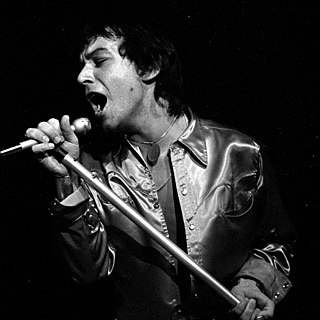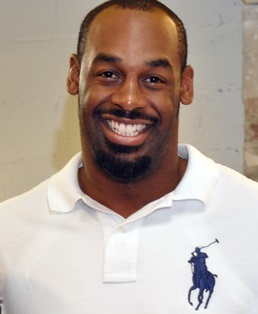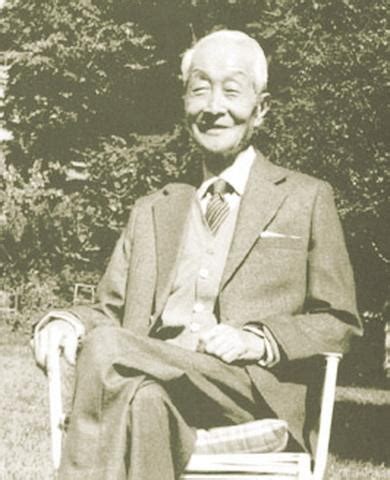A Quote by David Mitchell
Related Quotes
Me? I was lost for long time. I didn’t make any friends for few years. You can say I made friends with two trees, two big trees in the middle of the school […]. I spent all my free time up in those trees. Everyone called me Tree Boy for the longest time. […]. I preferred trees to people. After that I preferred pigeons, but it was trees first.
As I flew back from New Zealand to bury my mother, it occurred to me that no matter how harrowing her loss was and how keenly it will always be felt, there was, nevertheless, a sense of relief that my father, sisters and I could say a final goodbye after the longest goodbye and relief that my mum had finally been released.
Many of them [people who escaped religion] recounted both the terror and the relief they felt after leaving religion behind. Terror at realizing there was no longer an imaginary friend; relief that no one was looking over their shoulder any more. Several described the experience as similar to that of a child learning to go to sleep without a favorite teddy bear. Others described it as simply growing up or outgrowing the need for the imaginary friends of childhood.
When we approach legal reform work, we can ask questions like: Will this provide actual relief to people facing violence or harm or will it primarily be a symbolic change? Will this divide our constituency by offering relief only to people with certain privileged statuses (such as people with lawful immigration status, people with jobs, married people, etc.)?
For instance," said the boy again, "if Christmas trees were people and people were Christmas trees, we'd all be chopped down, put up in the living room, and covered in tinsel, while the trees opened our presents." "What does that have to do with it?" asked Milo. "Nothing at all," he answered, "but it's an interesting possibility, don't you think?
Their leaving made me melancholy, though I also felt something like relief when they disappeared into the dark trees. I hadn't needed to get anything from my pack; I'd only wanted to be alone. Alone had always felt like an actual place to me, as if it weren't a state of being, but rather a room where I could retreat to be who I really was.







































